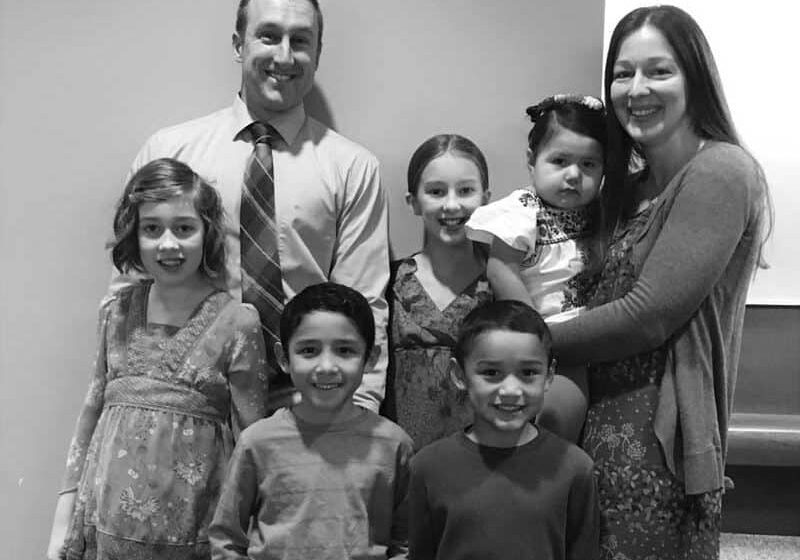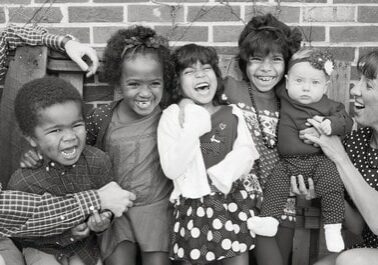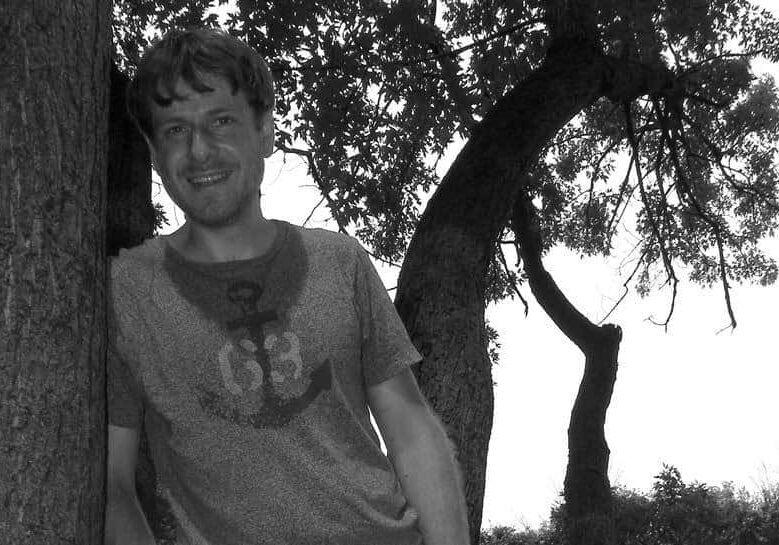Part 2 in a series of adoption and special needs. Read Part 1
by Sarah Roney
Last night we showed our daughter how to swallow a pill without chewing it. It needs to last a full 24 hours in our body and if she chewed it first, the medicine would hit her blood stream far faster than it should. Explaining it to her was difficult, but she finally got it as I sat next to her with my own vitamins and modeled the technique. I just wish there weren’t a need to teach her that skill. I wish she knew how to regulate her body and her emotions. I wish her brain worked faster and that she could process new information at the same rate that we do. I wish she could hear something five times and remember it, rather than 500 times. I wish her world were easier for her to navigate and that she could keep up with her siblings so much better than she does. I wish we didn’t have reasons to medicate.
But at a certain point, we were forced to realize that she wasn’t going to catch up. That her mind couldn’t move faster then it was already moving. Her diagnosis helped us realize that the front of her brain never fully formed, and that because of that, she wasn’t going to suddenly start making strides forward as we had hoped. After over a year of appointments and specialists and meetings and doctors, we recognize that our Queen is who she is. She is not going to catch up. And that while we can schedule behavioral therapy and physical therapy, advocate for a strong IEP at school, enroll her in swim lessons and soccer, and help her find the right medication, we can’t measure her success against anyone else’s standards but her own.
This is heartbreaking and hard and most of the time I don’t feel compassionate but angry. I feel like both her and I have been given a raw deal and neither of us should have to suffer the way we have been. She is starting to recognize that she is different, that she can’t communicate clearly or explain what is happening in her head. So she tantrums and screams and kicks and is just plain mean. But we haven’t chosen to medicate because of her behavior. We have chosen to medicate because the greater risk would be in not trying at all. If we can’t help her brain move faster and process more quickly, then at least we can say we tried. We can look back and know that we did everything in our power to give her the tools she needed to flourish not by the worlds standards, but by her own.
It was so hard to hand her that pill last night and teach her to swallow it whole. A six year old shouldn’t have to mess with all of these therapies and all day kindergarten and medication that may or may not work. Her future won’t be like most, and the dreams we once dreamed for her will look quite different. But perhaps the trajectory of her future will look different because we were willing to try something new. Perhaps this medication will empower her to learn and give her confidence in the classroom. Perhaps she will start to enjoy learning. Perhaps she will actually learn.
And perhaps her mama will learn that God was never interested in the dreams I had for her anyway. God never said he was interested in her strength or skill or ability to read. She may never learn how to tie her shoes, and God’s cool with that. For in His kingdom, His power is made perfect in weakness. In the stories my daughter tells that don’t make sense. In her slower pace. I think there’s a reason why church ministries to those with special needs are called “Shine” or “Stars,” because when someone isn’t perfect by the worlds standards, they inherently reflect a little bit more of God’s light.
“But he said to me ‘My grace is sufficient for you, for my power is made perfect in weakness.’ Therefore I will boast all the more gladly of my weaknesses so that the power of Christ may rest upon me.” 2 Corinthians 12:9



